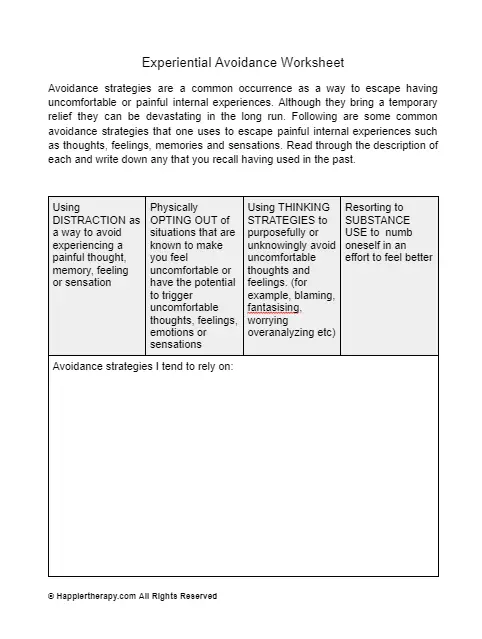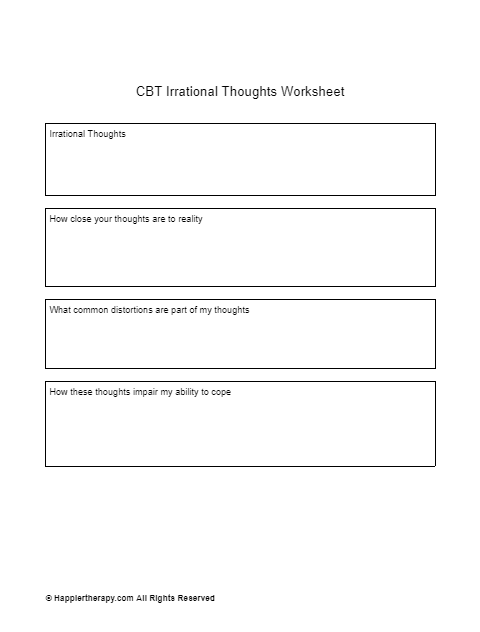close
Author bio
I am Vlad Burtăverde, PhD, Associate Professor at the Faculty of Psychology and Educational Sciences, University of Bucharest. I am a licensed psychotherapist familiar with DBT and CBT. I am an experienced researcher with international visibility, being a PhD in psychometrics and personality psychology. I used many multivariate statistics in the research I did.
Recent work
Burtăverde, V., Jonason, P. K., Giosan, C., & Ene, C. (2021). Why do people watch porn? An evolutionary perspective on the reasons for pornography consumption. Evolutionary Psychology, 19(2), 14747049211028798.https://doi.org/10.1177/14747049211028798
“SOME IMPORTANT MOMENTS IN MY CAREER
2013: I started working as a psychologist and became a member of the Romanian College of Psychologists
2013: I founded the consulting agency in psychology and human resources NEO Assessment & Research
2014: I became a teaching assistant and researcher at the Faculty of Psychology and Educational Sciences, University of Bucharest.
2015: I started working as a scientific reviewer for international scientific journals such as the Journal of Risk Research, Personality and Individual Differences, Psychological Reports, Accident Analysis & Prevention.
2015: I became a member of international psychology associations such as: Association for research in Personality, Society for Personality and Social Psychology, European Association of Personality Psychology, World Association for Personality Psychology.
2016: I published the Handbook of Personality Psychology at Trei Publishing House, Bucharest, Romania.
2016: I started collaborating with the research laboratory in Personality Psychology at the University of Groningen under the coordination of Prof. Boele De Raad.
2017: I completed my doctoral studies at the University of Bucharest.
2017: I started working as an associate lecturer at SNSPA, Faculty of Political Sciences, Department of Psychology.
2018: I became an Assistant Professor at the Faculty of Psychology and Educational Sciences, University of Bucharest.
2018: I completed my professional training in integrative psychotherapy at the Romanian Institute of Integrative Psychotherapy.
2019: I started working as an associate lecturer at the “Mihai Viteazul” National Academy of Information.
2019: I started the collaboration with the laboratory of Personality, Relationships and Evolutionary Psychology coordinated by Prof. Peter K. Jonason at the University of Padua.
2020: I won through a public competition the postdoctoral research project entitled: Life-history strategies and aggressive driving. An integrative framework for assessing and managing aggressive driving, funded by UEFISCI.
2020: I started working as an associate editor for the scientific journal Frontiers in Psychology – Evolutionary Psychology.
2021: I became an Associate Professor at the Faculty of Psychology and Educational Sciences, University of Bucharest.
2021: I started to collaborate with the research laboratory in Evolutionary Psychology at Oakland University, Michigan, coordinated by Prof. Todd. K. Shackelford.
2021: I founded the Association of Personality and Evolutionary Psychology.
2022: I founded Evolutionary-consulting, a consulting agency in the field of human capital
2022: I founded HelloMe, a psychology services hub
2023: I founded the Laboratory of Personality and Evolutionary Psychology, University of Bucharest
2023: I published the first book chapter about the mating strategies of dark personalities in the Oxford of Human Mating, edited by D.M. Buss.
2023: I sustained the Habilitation thesis entitled Individual differences in personality. Predictors of adaptive and maladaptive behavior, which offers the possibility to be an advisor for doctoral students. “
Check my professional profiles at
www.vladburtaverde.com
https://www.researchgate.net/profile/Vlad-Burtaverde
https://scholar.google.com/citations?user=sJo62fUAAAAJ&hl=en
https://loop.frontiersin.org/people/1026658/overview
https://loop.frontiersin.org/people/1026658/network
https://www.iea.nl/about/org/people/dr-vlad-burtaverde
https://twitter.com/vladjuve?lang=en
https://www.tiktok.com/@dr.vlad.burtaverde
https://www.facebook.com/psihologvladburtaverde/
https://www.linkedin.com/in/vlad-burtaverde-35119351/
https://cipp.ug.edu.pl/Author-Vlad-Burtaverde/168949
https://www.psih.uaic.ro/a/_fis/sc_doc/_cv_refer/cv_burtaverde_v.pdf

 By
By


